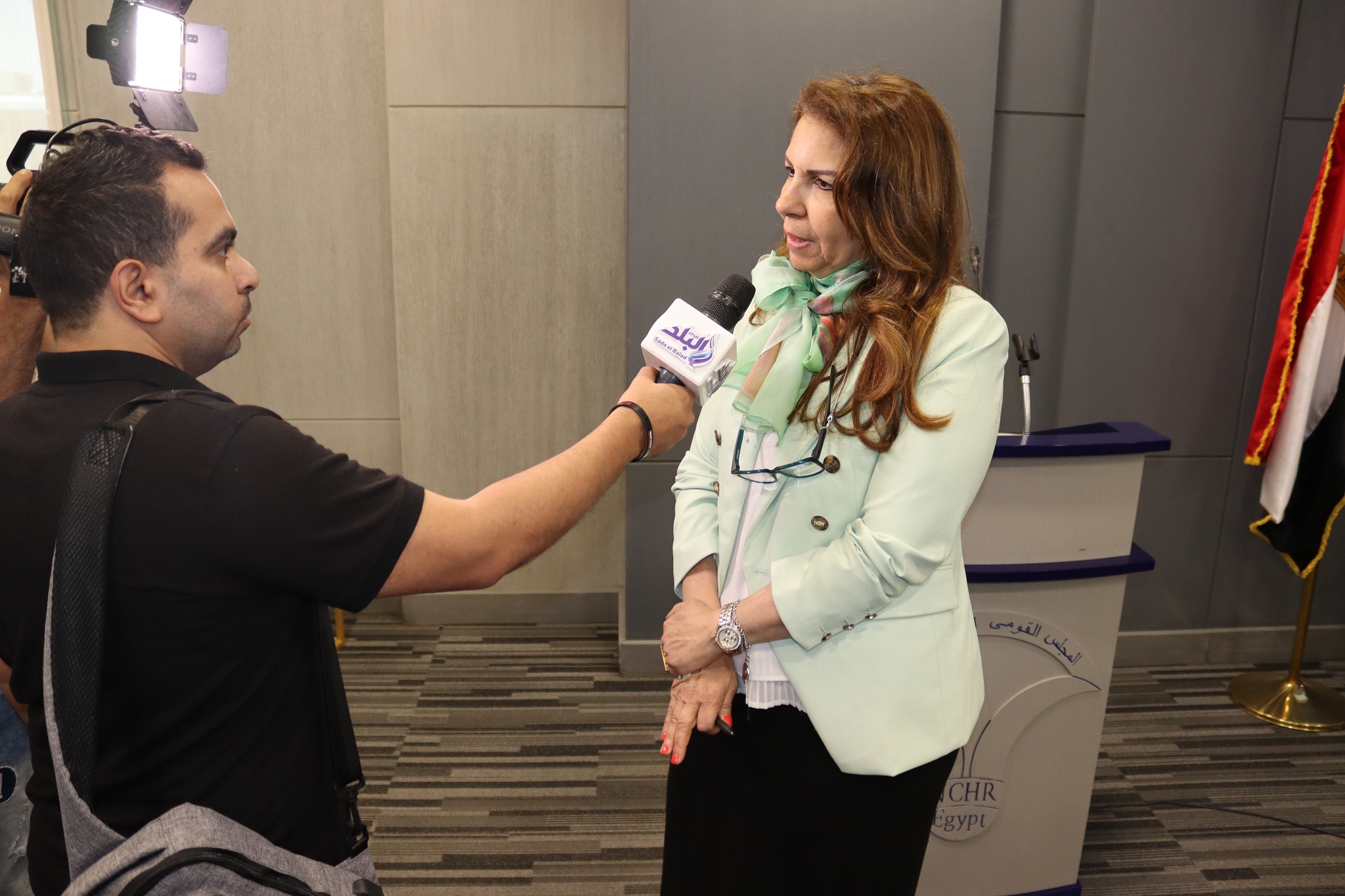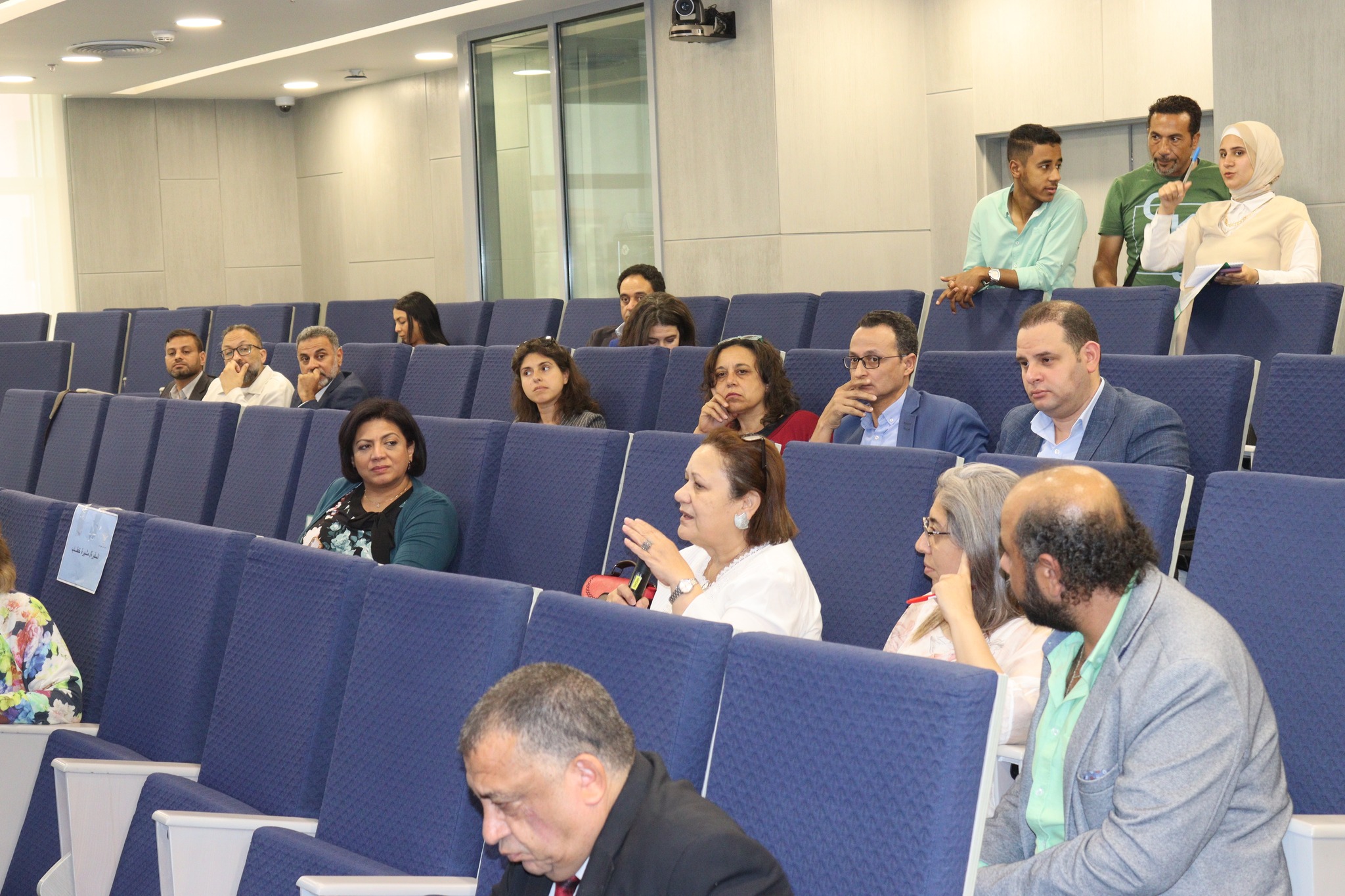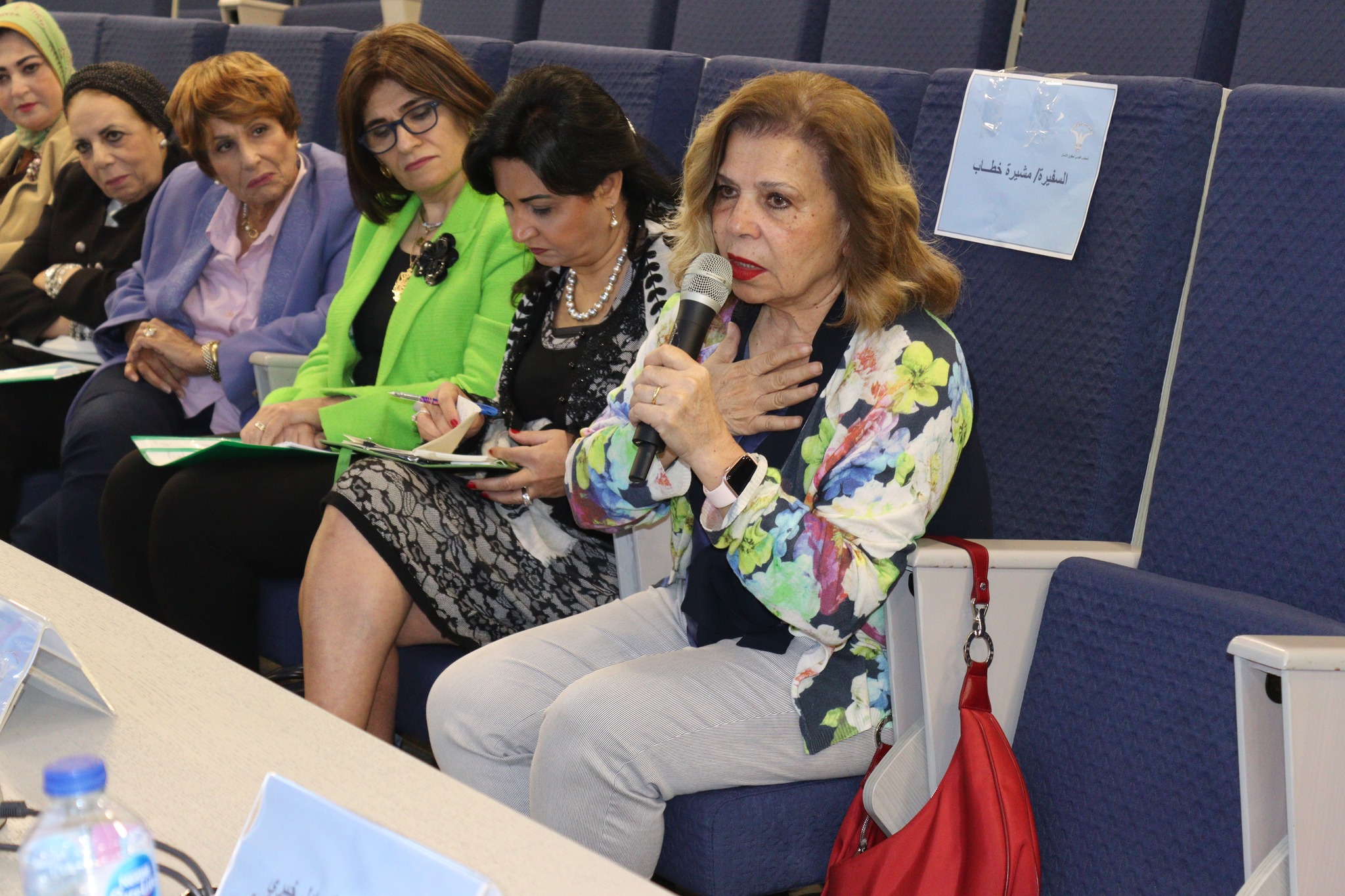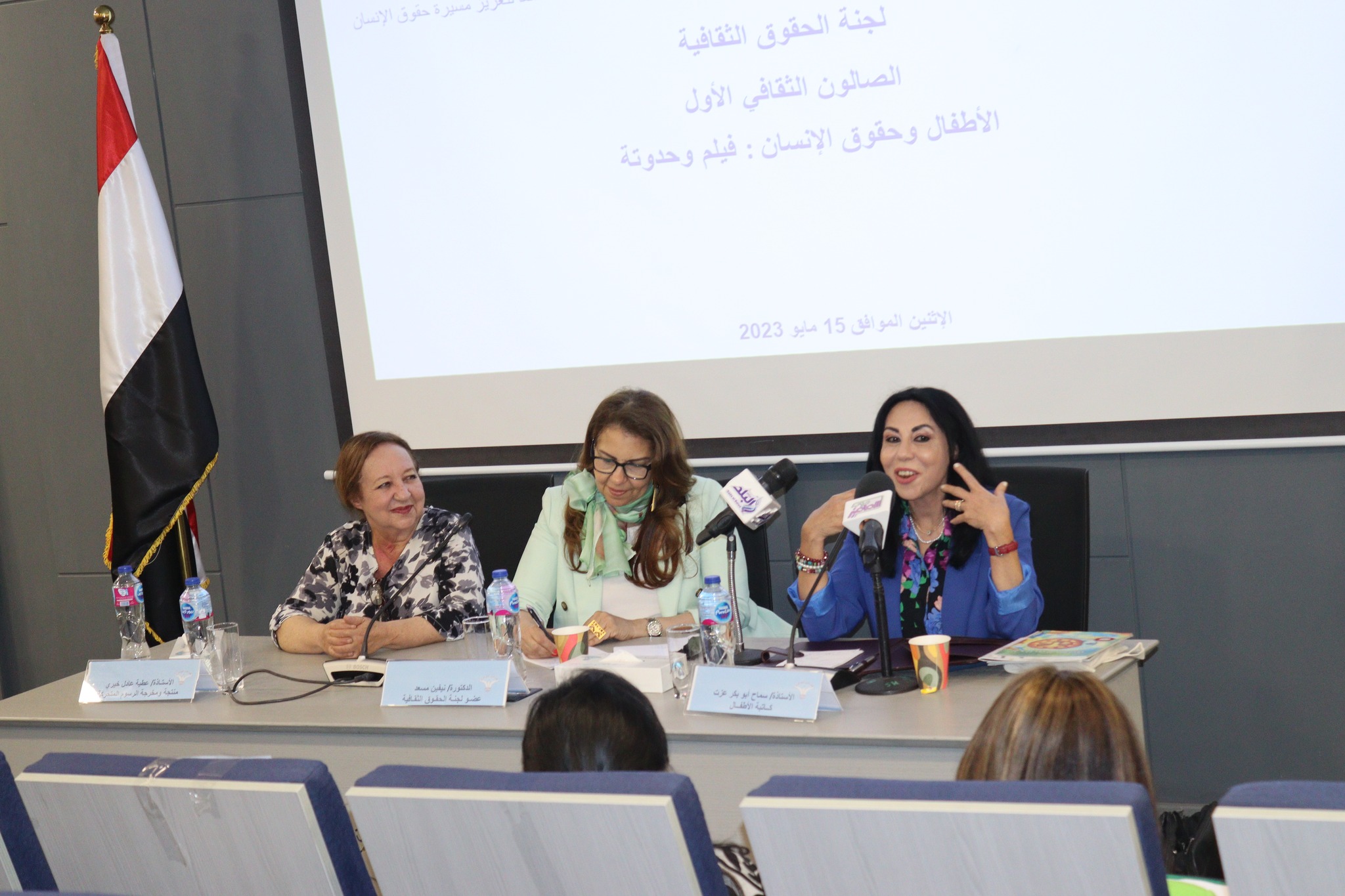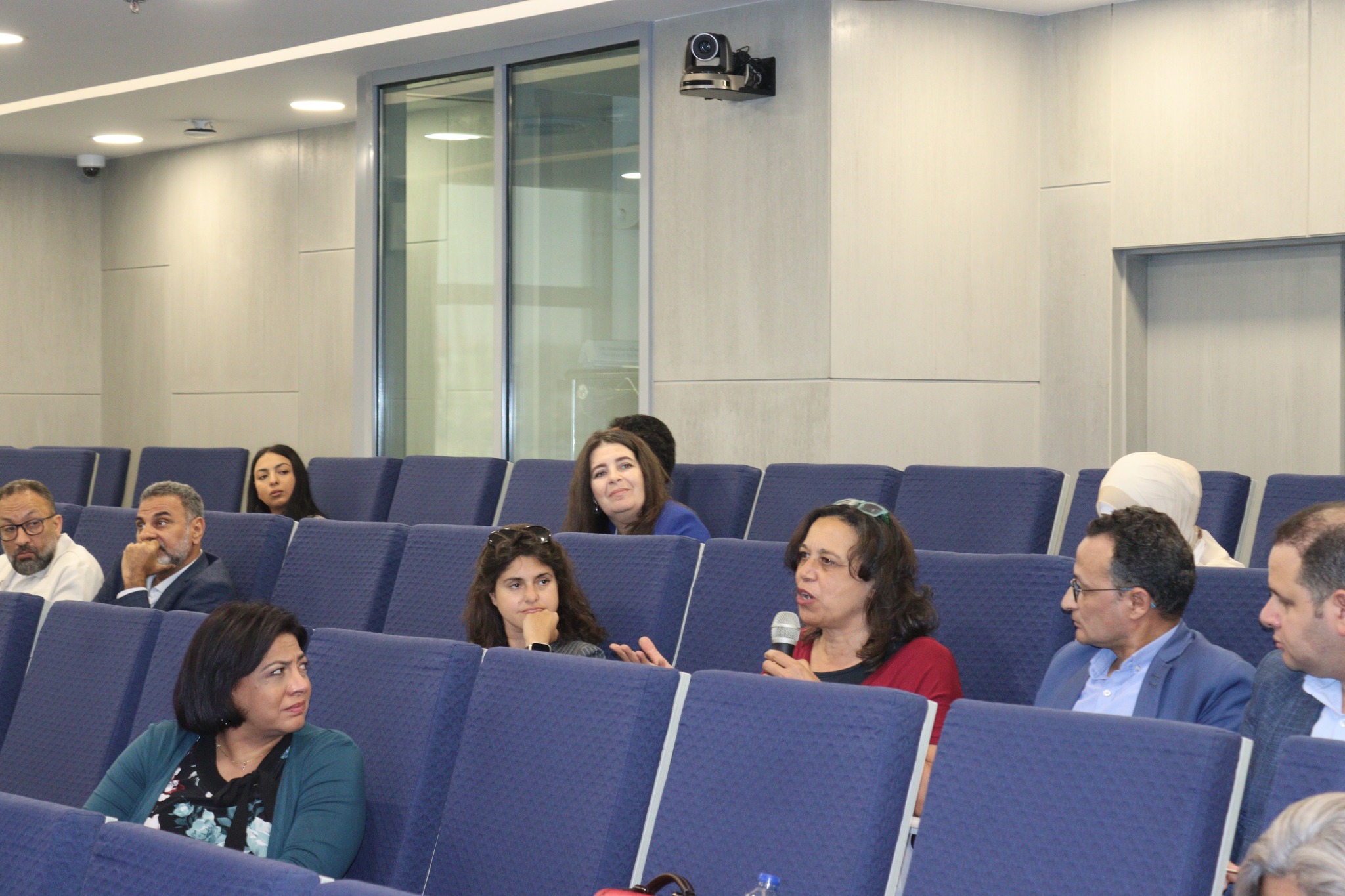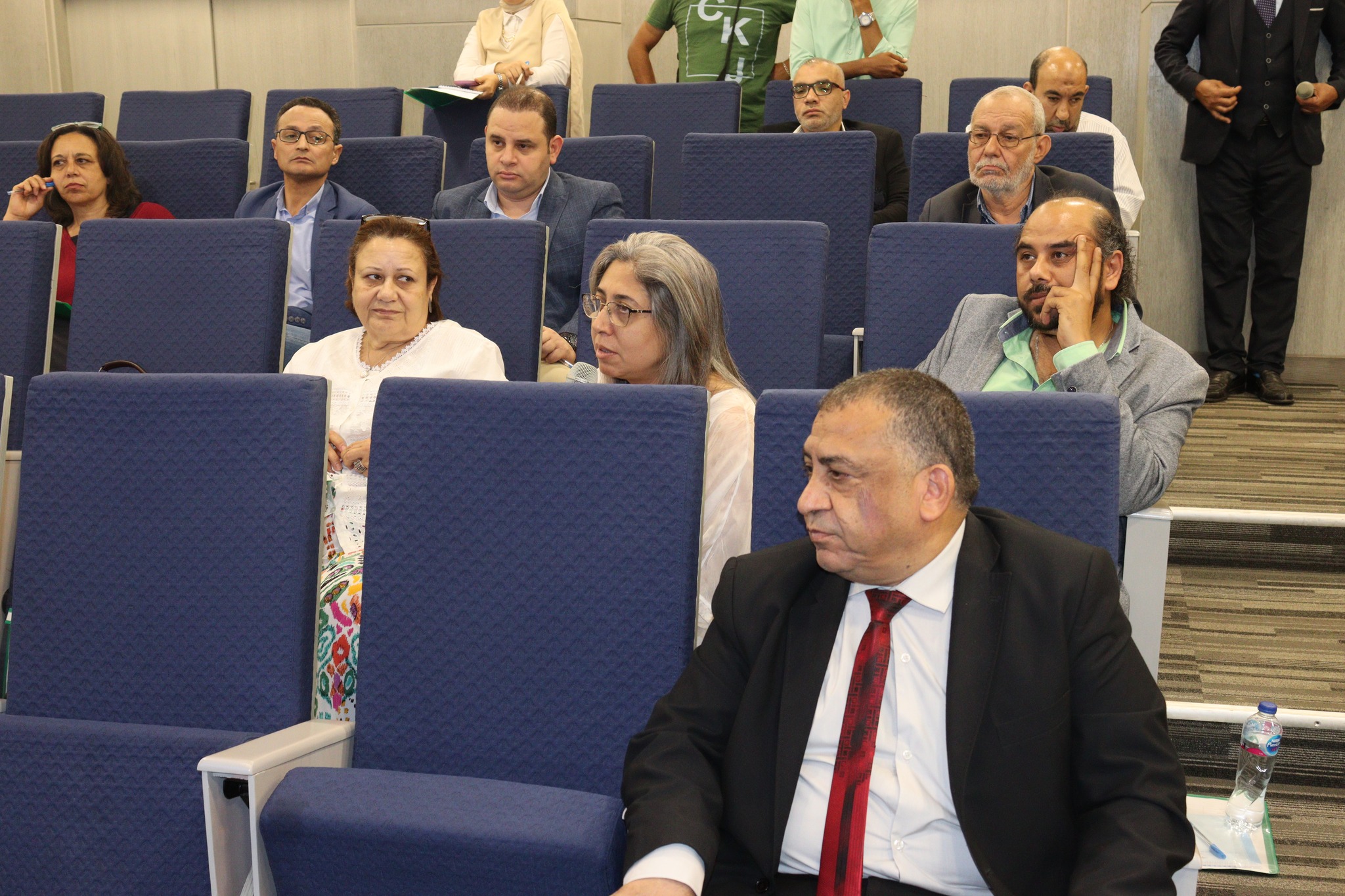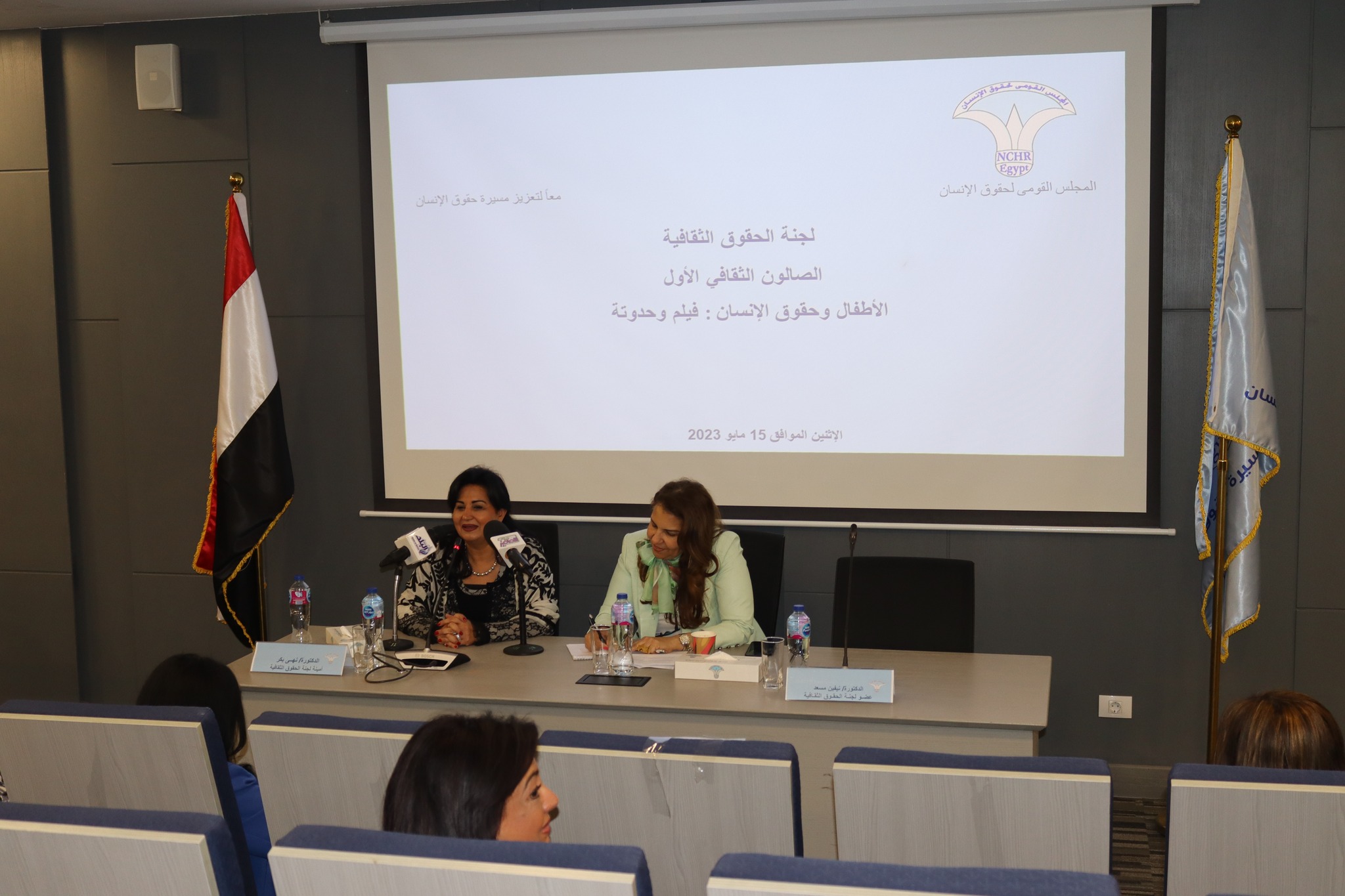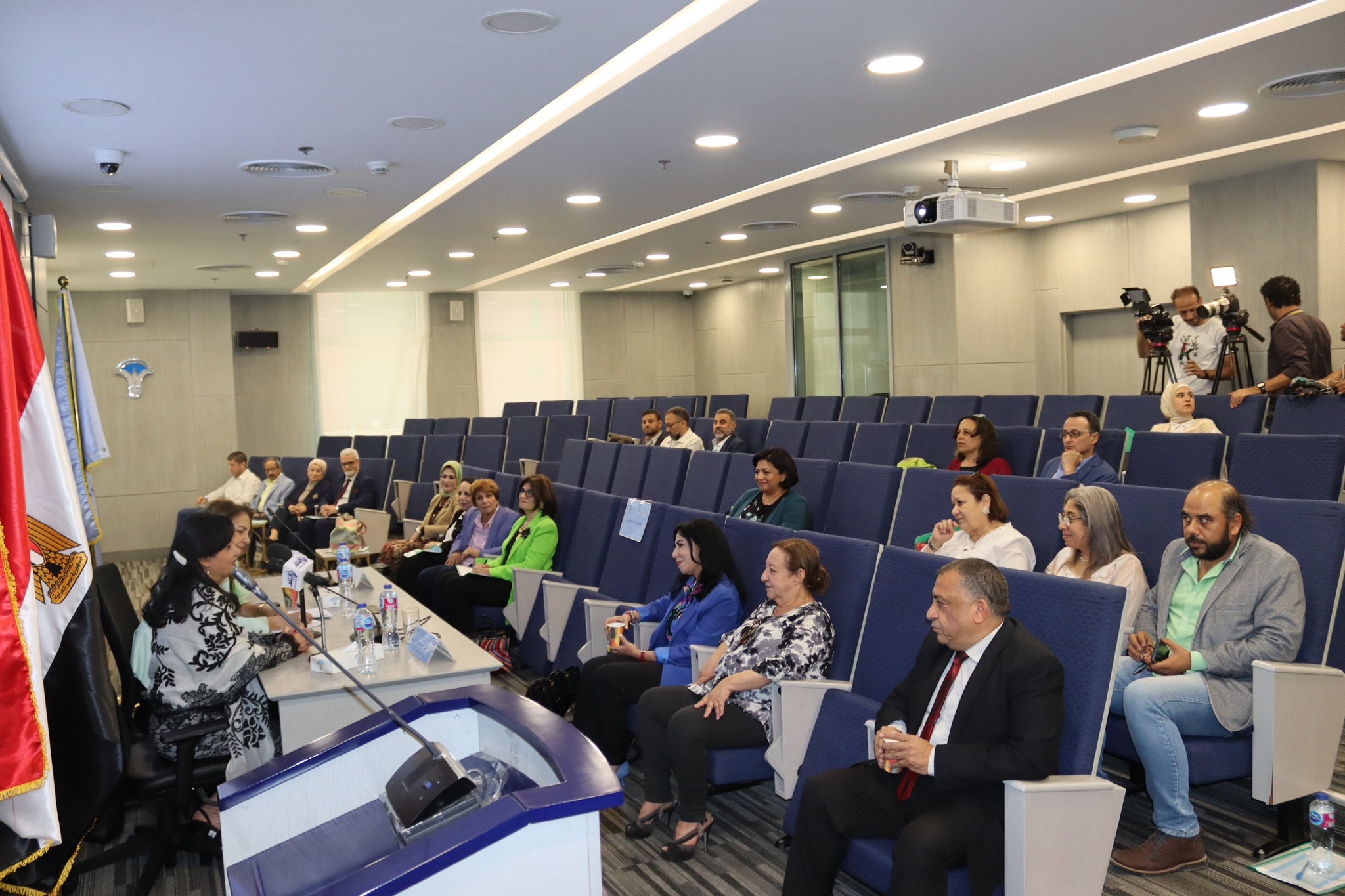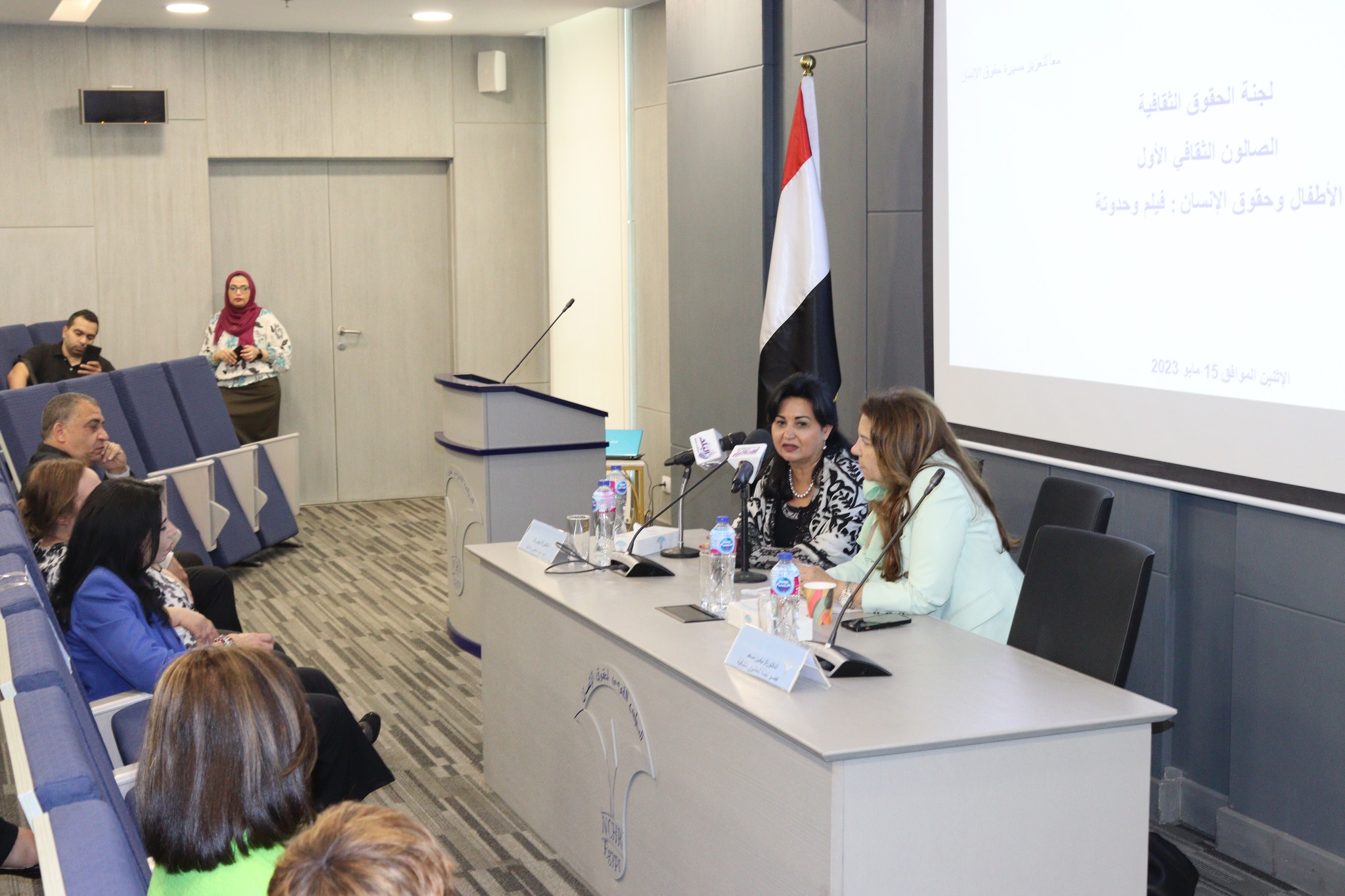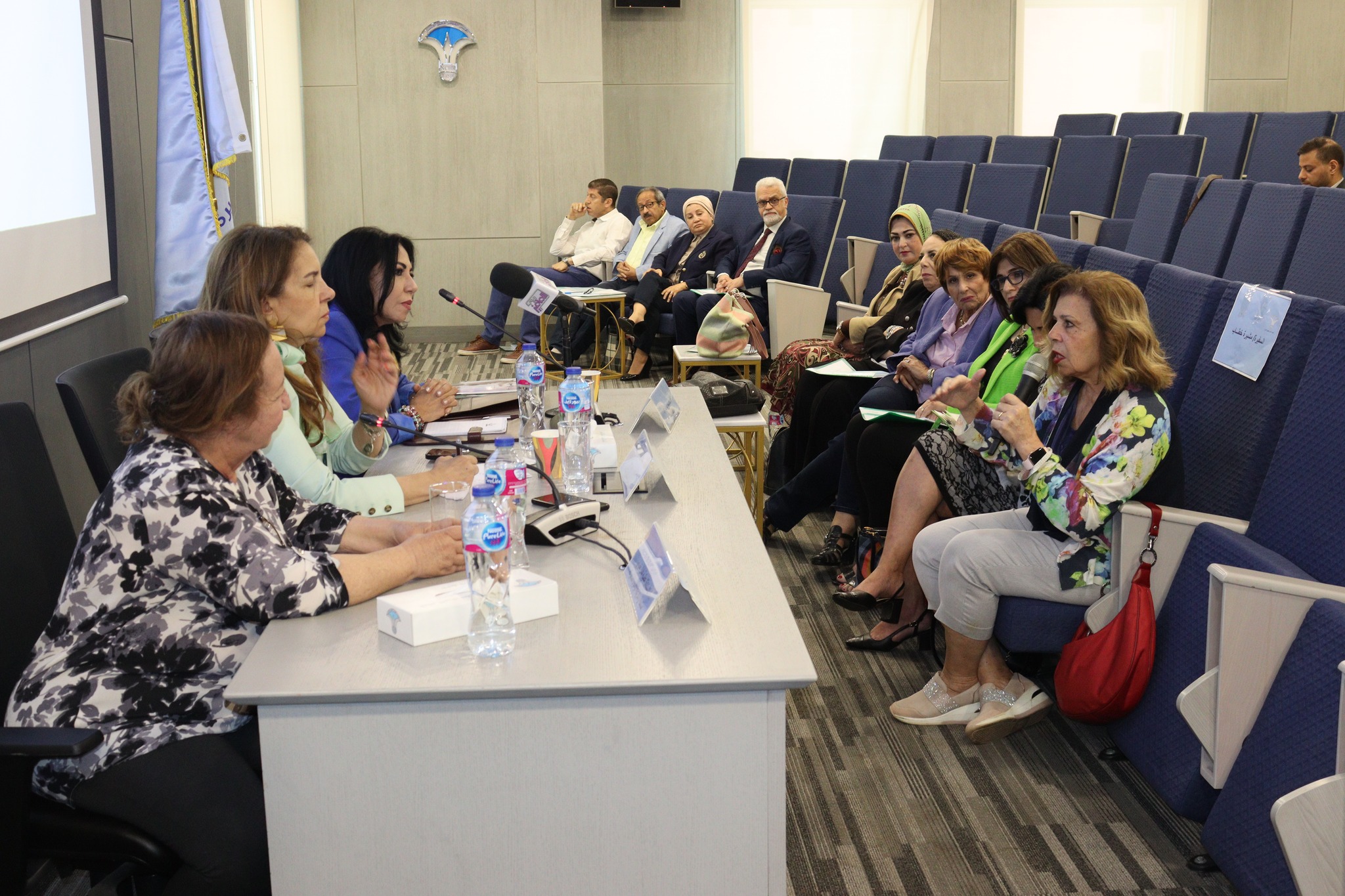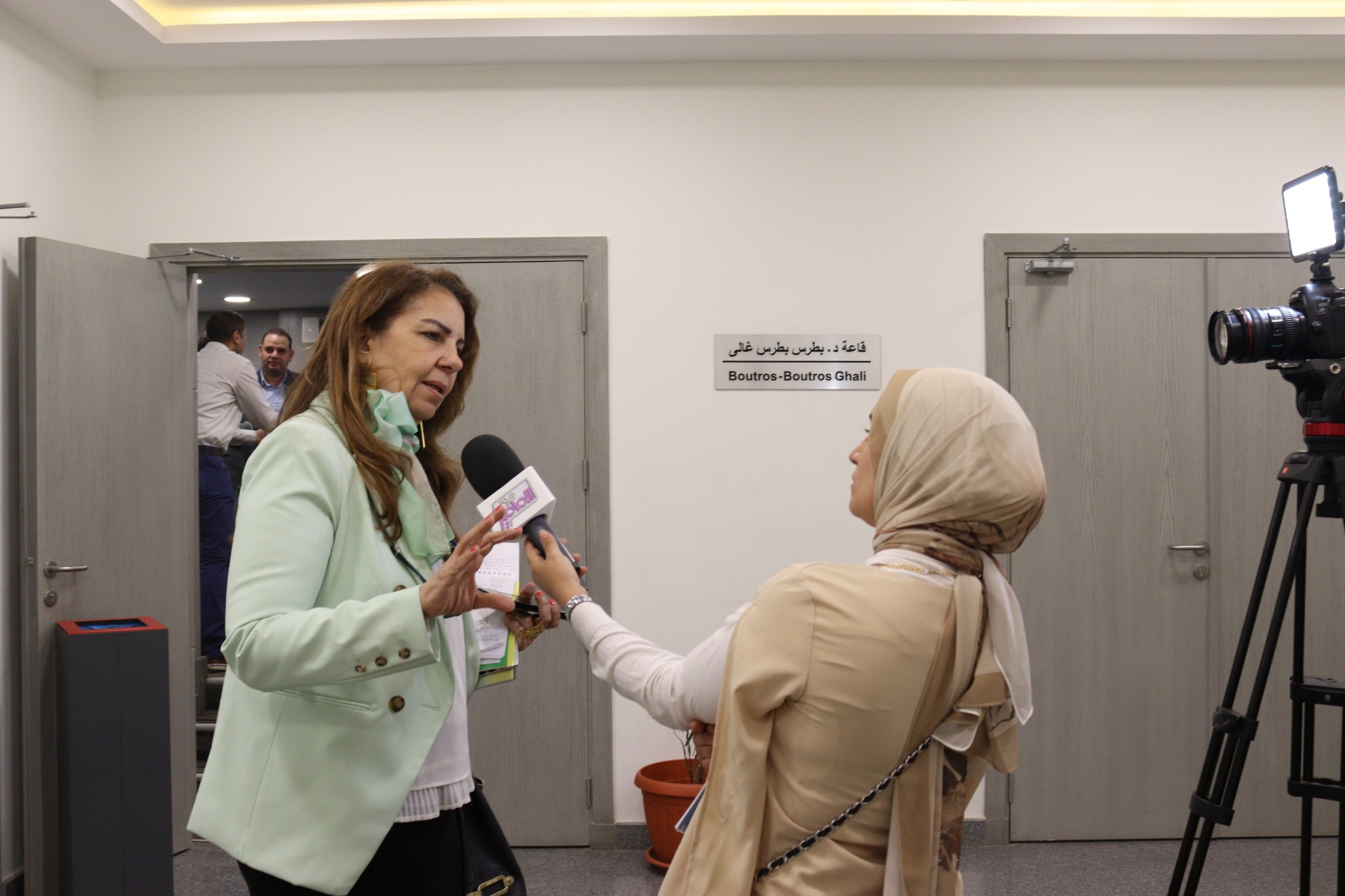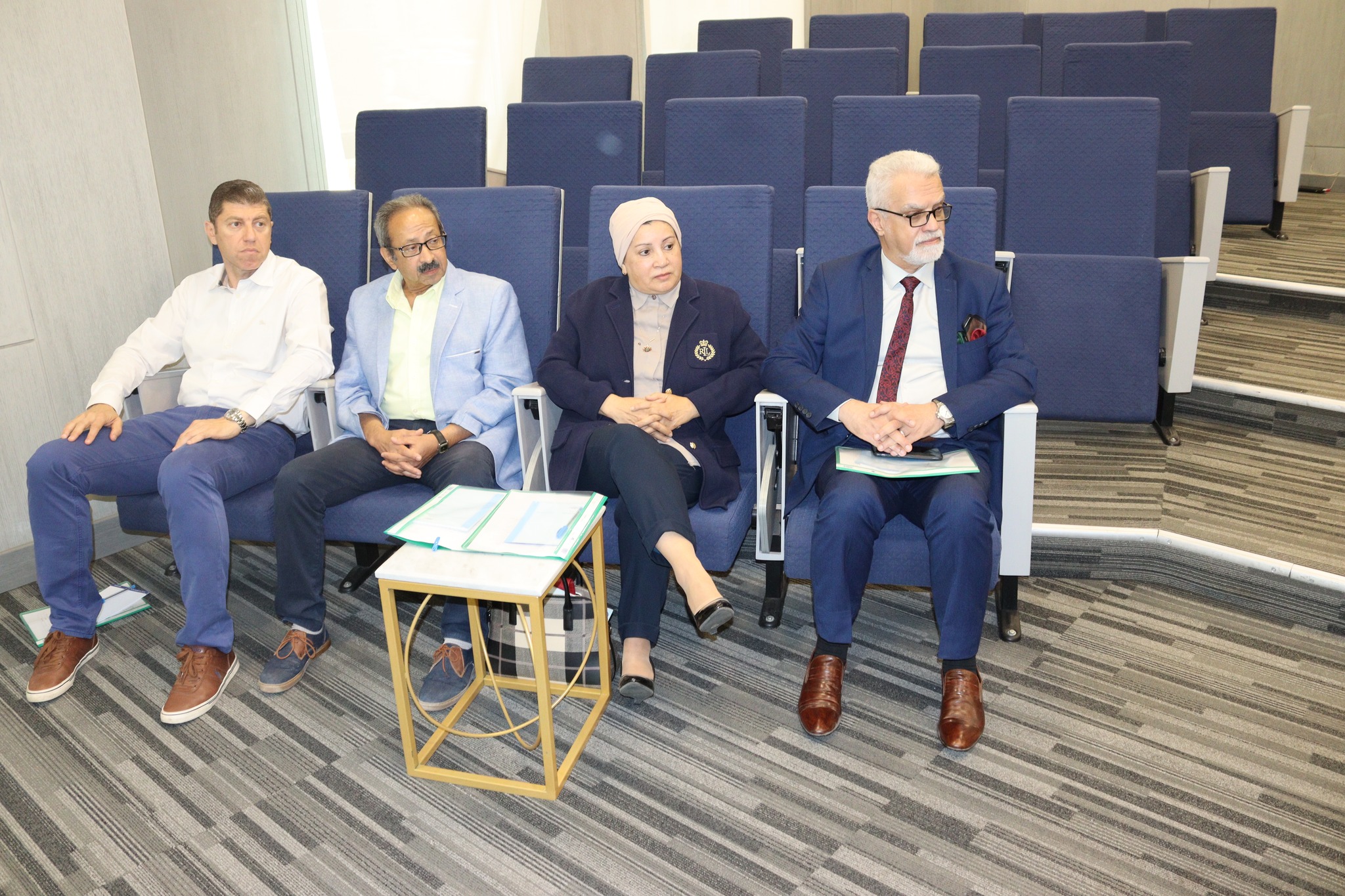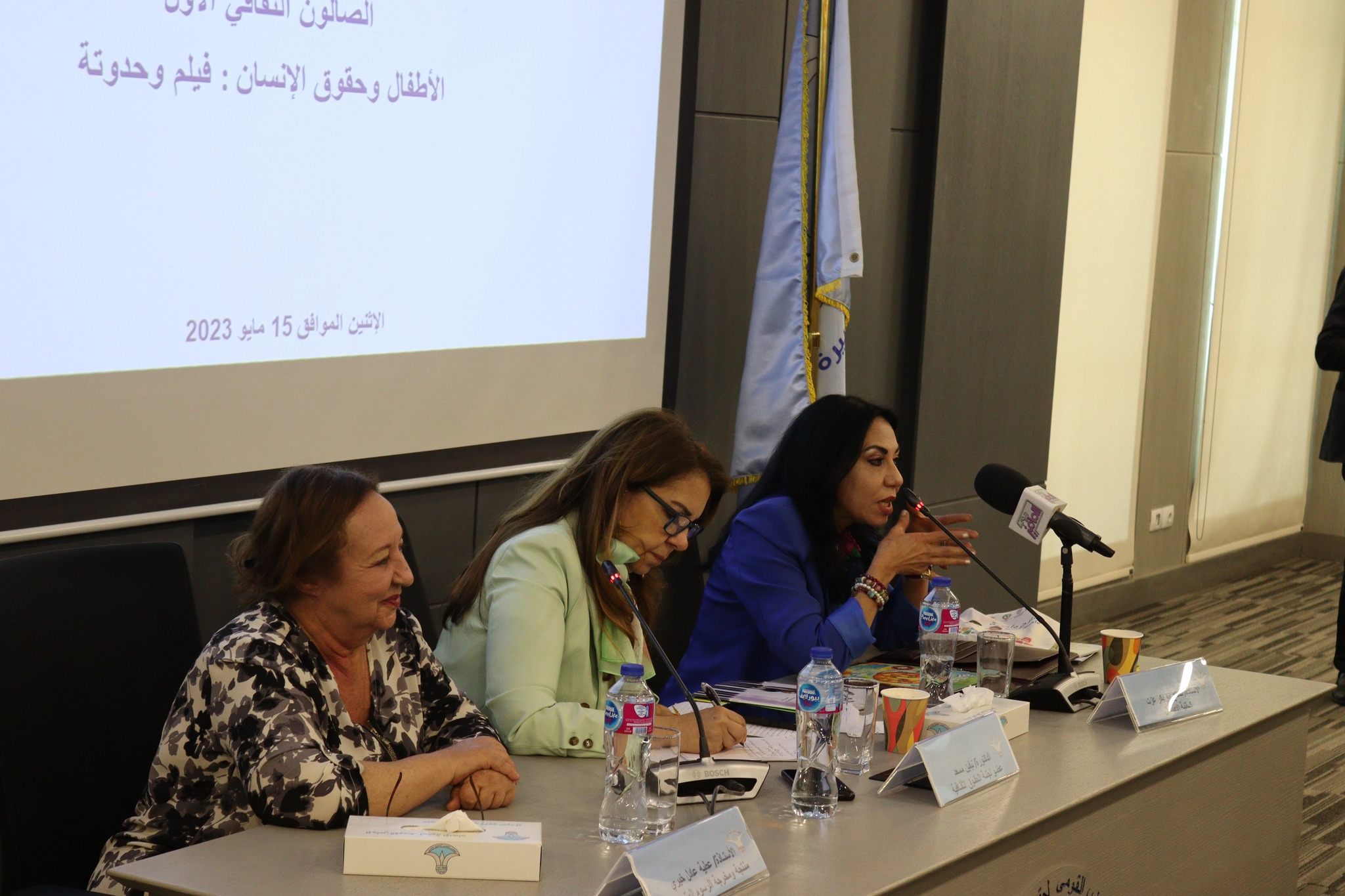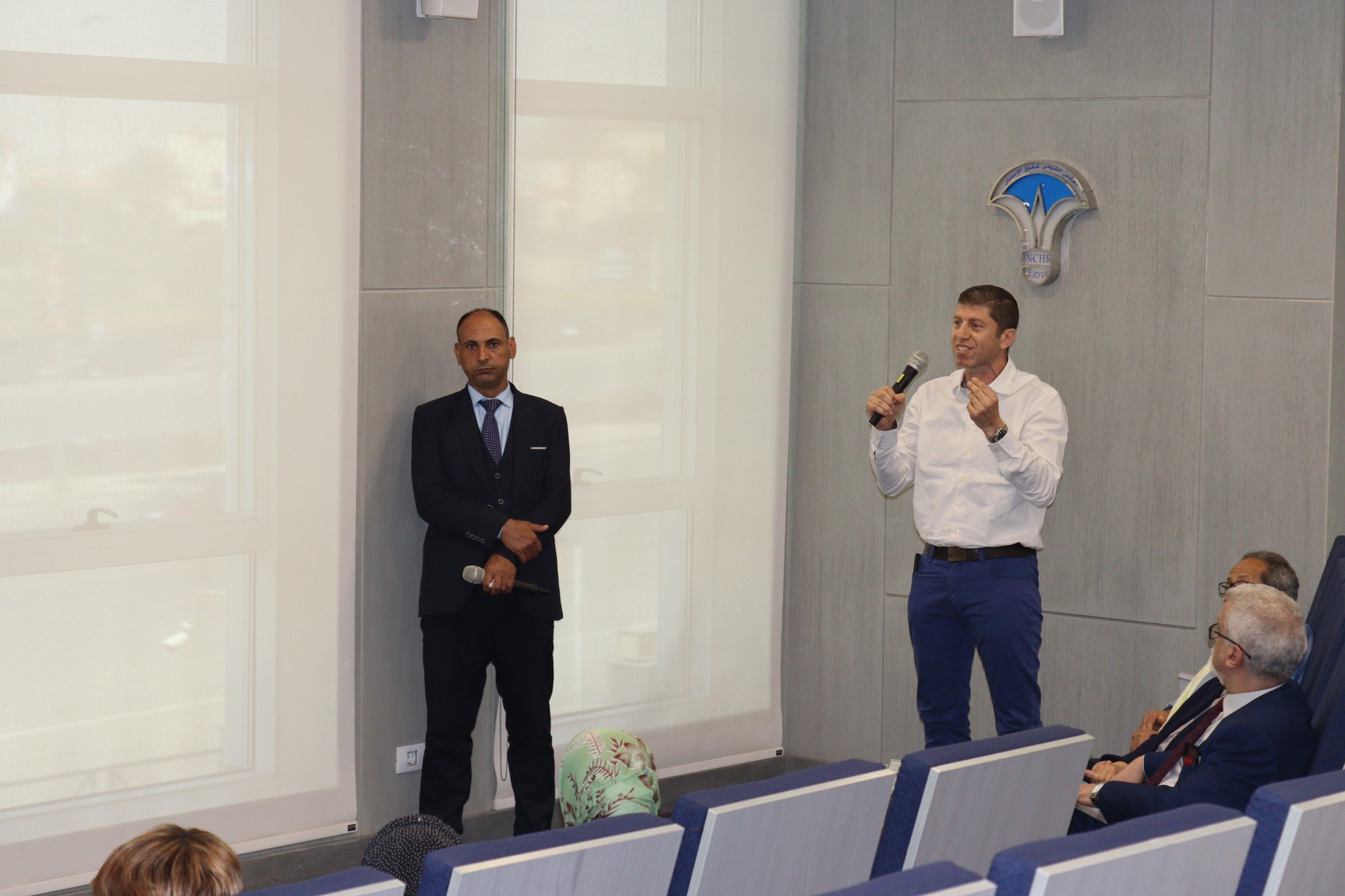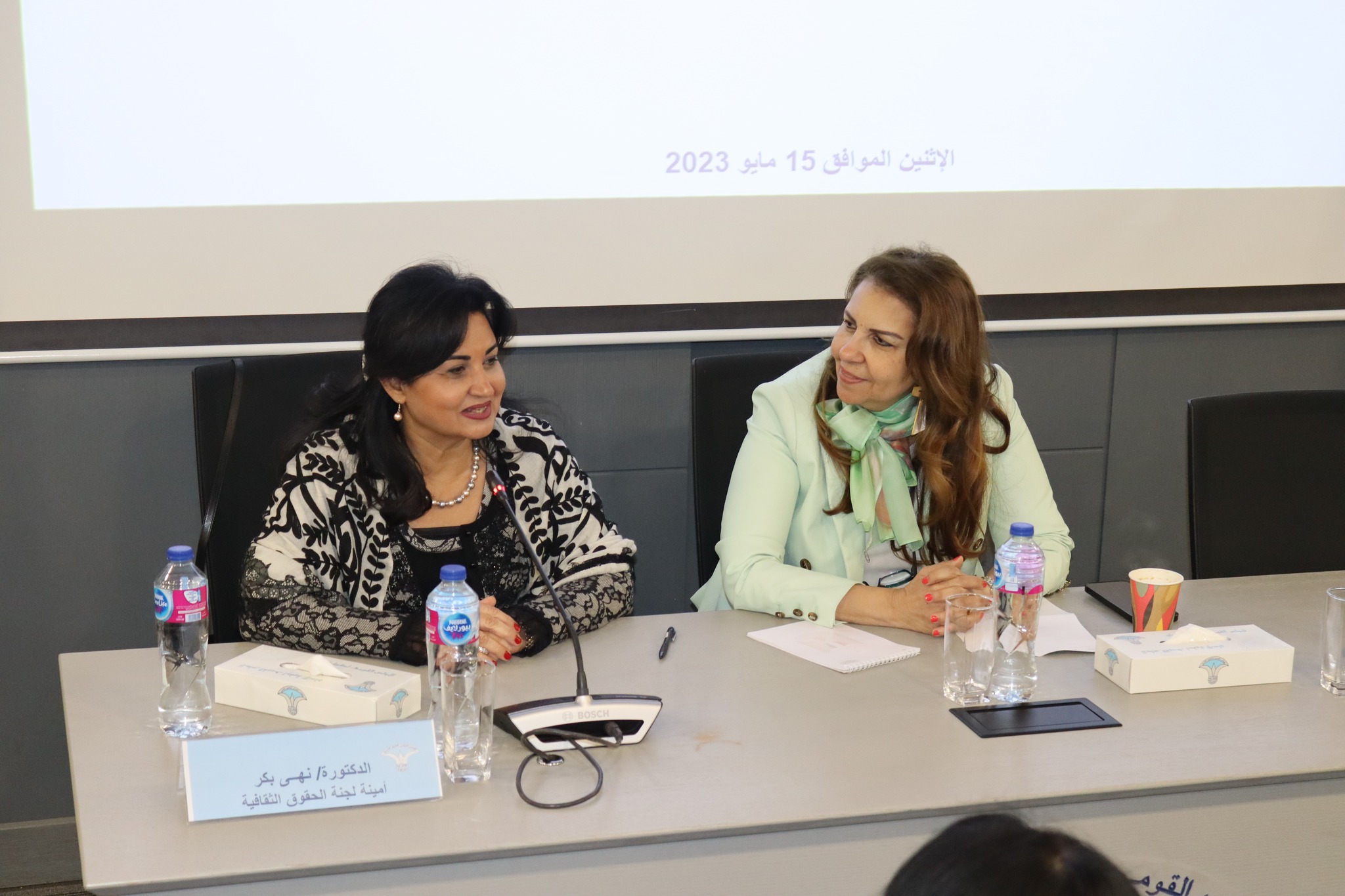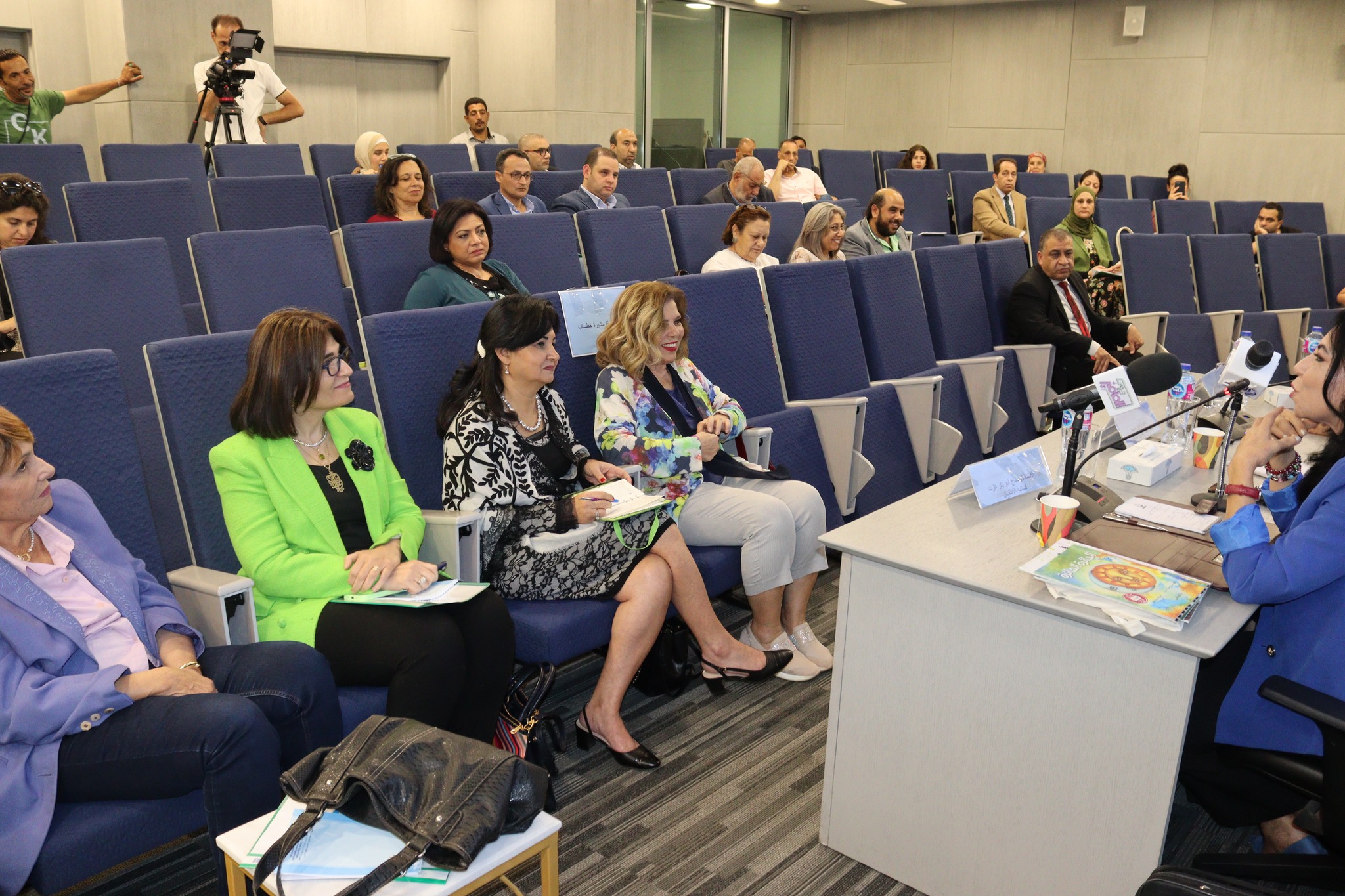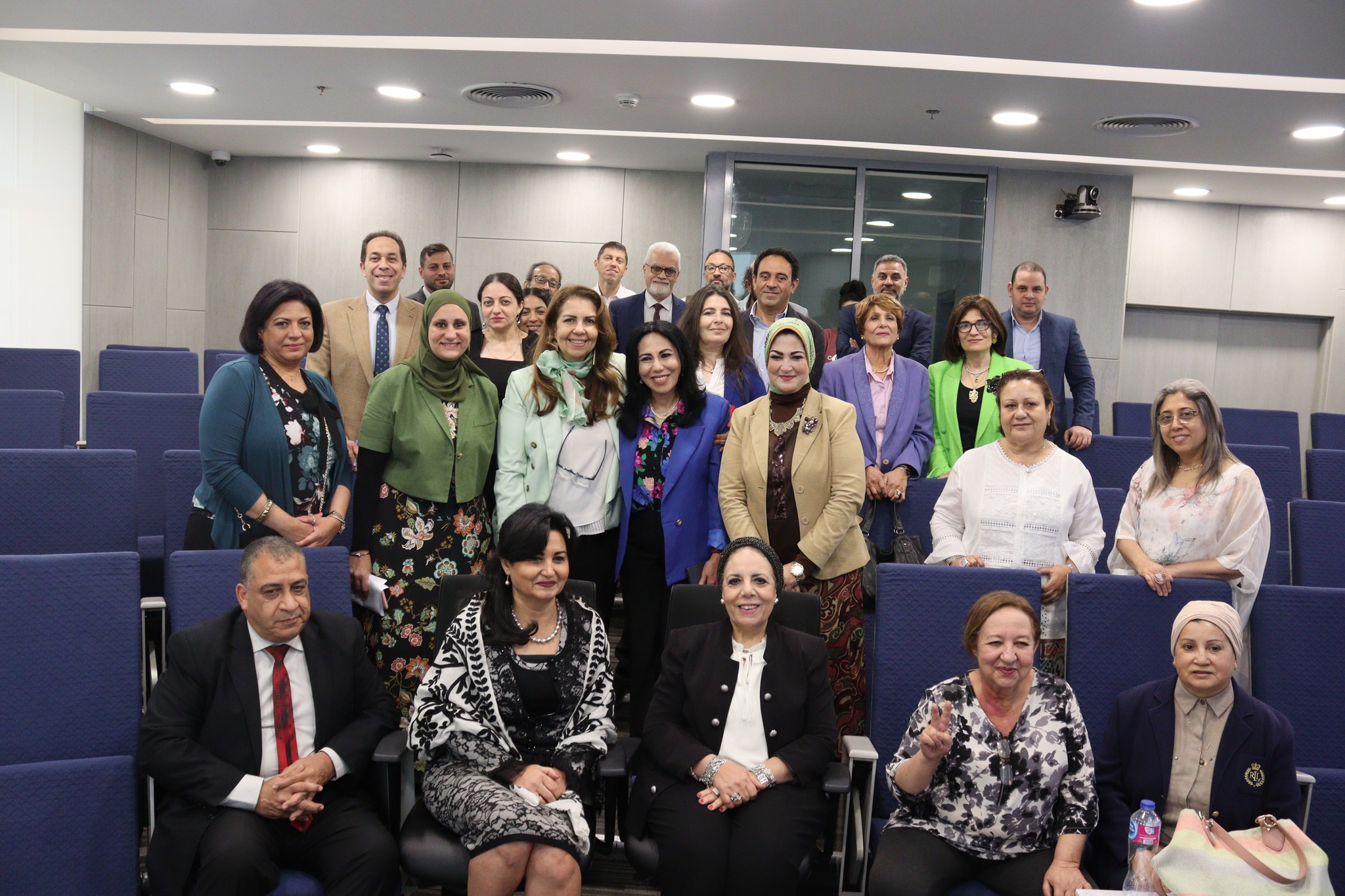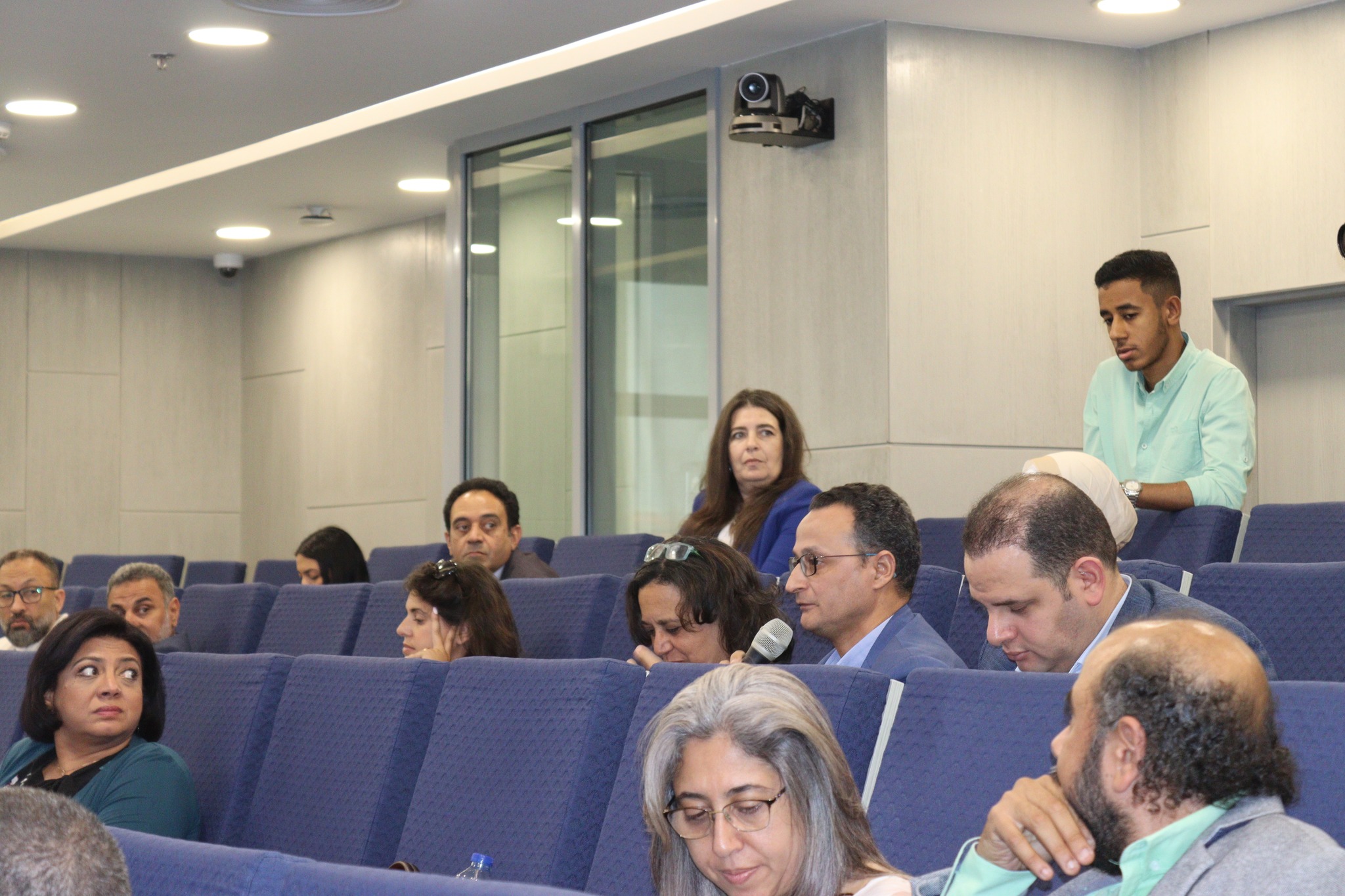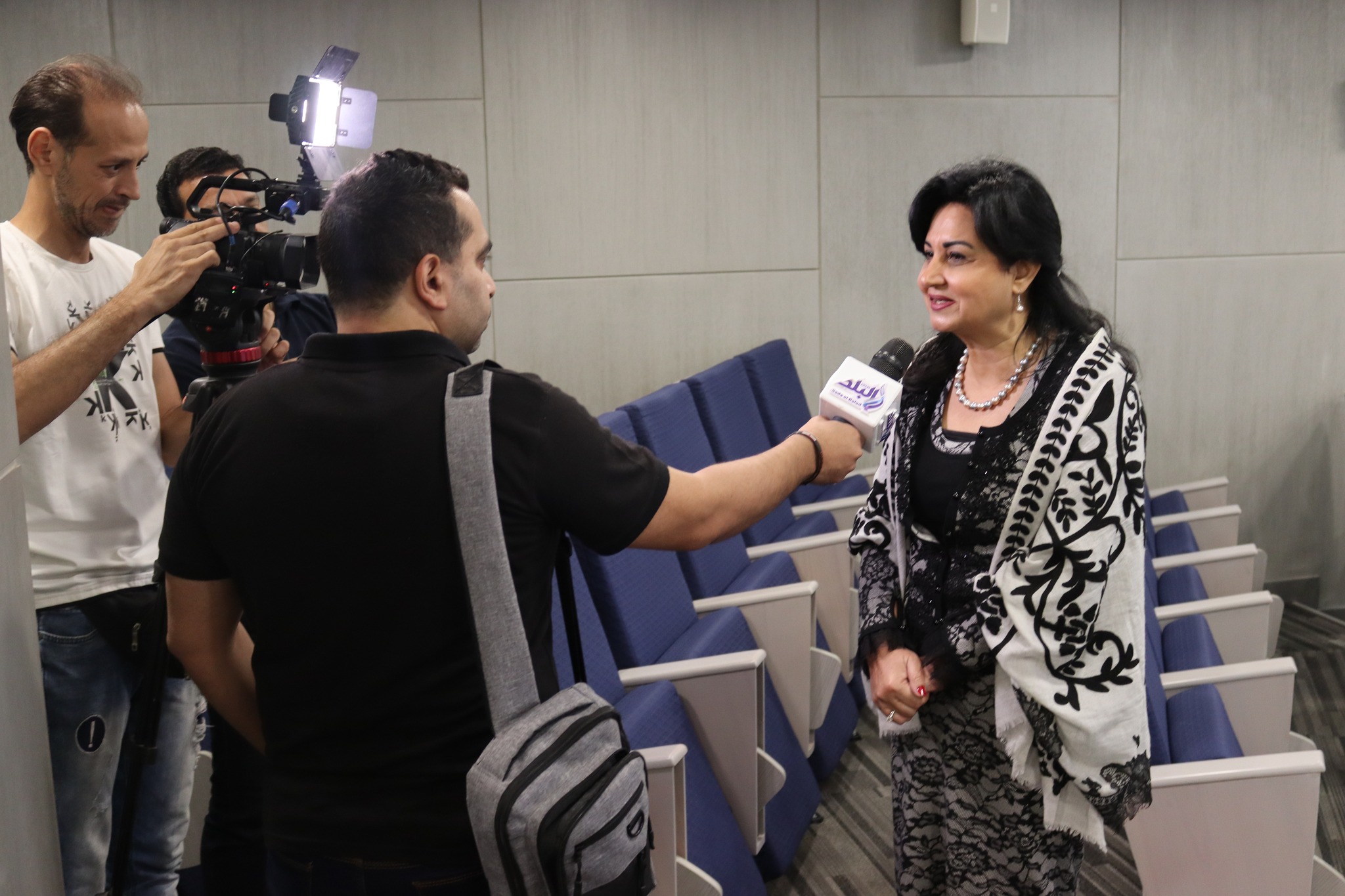The National Council for Human Rights holds a Cultural Salon on creating content for children
In light of the work plan of the Committee on Cultural Rights for the year 2023, the National Council for Human Rights (NCHR) held the first episode of its cultural salon on creating content for children with regard to children’s literature and animation, under the title “Children and Human Rights: A Film and Its Story”, on Monday, May 15, at headquarters of NCHR in New Cairo.
This activity comes within the framework of the role of NCHR in supporting the culture of human rights in all fields, and in the belief in the necessity of raising children on the values and principles of human rights and non-discrimination, and raising children's awareness of them so that they grow up to respect them and grow up to establish them in society.
The salon was attended by Ambassador Moshira Khattab, NCHR President, who welcomed the attendees and participated in the dialogue Dr. Noha Bakr, Secretary of NCHR Cultural Rights Committee, expressed that the aim of the first episode of the Cultural Salon is to discuss the different visions about artistic and literary content for children, which contributes to the investment of literary and artistic works and audio-visual and written media in shaping the conscience of the Egyptian child and educating him about his rights and duties in a simplified manner that reaches him. It contributes to building his personality and consolidating his Egyptian identity, in addition to raising societal awareness in this regard, in line with the Convention on the Rights of the Child issued by the United Nations in 1989 and ratified by Egypt, and the Egyptian Child Law issued in 1996 and amended in 2008.
The salon was run by Dr. Nevin Massaad, a member of NCHR Cultural Rights Committee. She started it by stressing that NCHR is concerned with monitoring and following up the situation of human rights and assisting the various agencies in enforcing human rights, bearing in mind that the Egyptian legal framework that protects children’s rights keeps pace with the highest international human rights standards, but it needs to raise awareness of it and spread it not only among adults, but also among children, and this is what we are discussing in the first episodes of the cultural salon in to be held in NCHR.
Ms. Samah Abu Bakr Ezzat, children's writer, and Ms. Attia Khairy, producer and director of animation, spoke in the salon. Writers, cartoon makers, publishers, educators, production companies, representatives of official bodies, as well as journalists and media professionals participated in the salon.
The following recommendations were issued in the session:
-Focusing on informing the child and creating a clear strategy to inform the child, including support for his rights, the importance of creating an Egyptian children's channel as a tool for communicating children's stories and cartoons.
-the importance of the word, especially that is directed to children, and that the word and cartoon be directed in Arabic to build the child's right to identity, and support the values of children's rights such as:
·the right to express an opinion, dignity, self-respect and respect for others,
·building the child's ability to analyze, which does not make him swayed by any abnormal thought,
·the right to education,
·as well as sustainability in the values that are already directed in the child's stories, such as distancing from bullying.
The speakers and attendees also recommended the importance of creating bridges of communication with those working on this field so that efforts do not continue to be dispersed. A mechanism must be found to link the school, writers, publishing houses, and media to each other, in addition to encouraging and providing capacity-building opportunities, and holding workshops for children's writers and cartoon workers to address children's rights in their work, and listening to the children themselves while realizing that today's child lives in a different technological world. This is in addition to working to revive the heritage of children's stories and cartoons that support children's rights and benefit from them.
The attendees also called on NCHR to follow up on the implementation of the recommendations and that it was not enough to just state them.
NCHR was established according to Law No. 94 of 2003, and was amended by Law No. 197 of 2017. A decision to form NCHR is issued after Parliament votes on its nominated members from civil society, for a period of four years, and it enjoys independence in exercising its functions that aim to promote, develop and protect human rights, consolidate its values, spread awareness of it, and contribute to ensuring its practice.





 English
English
 Arabic
Arabic
 French
French
